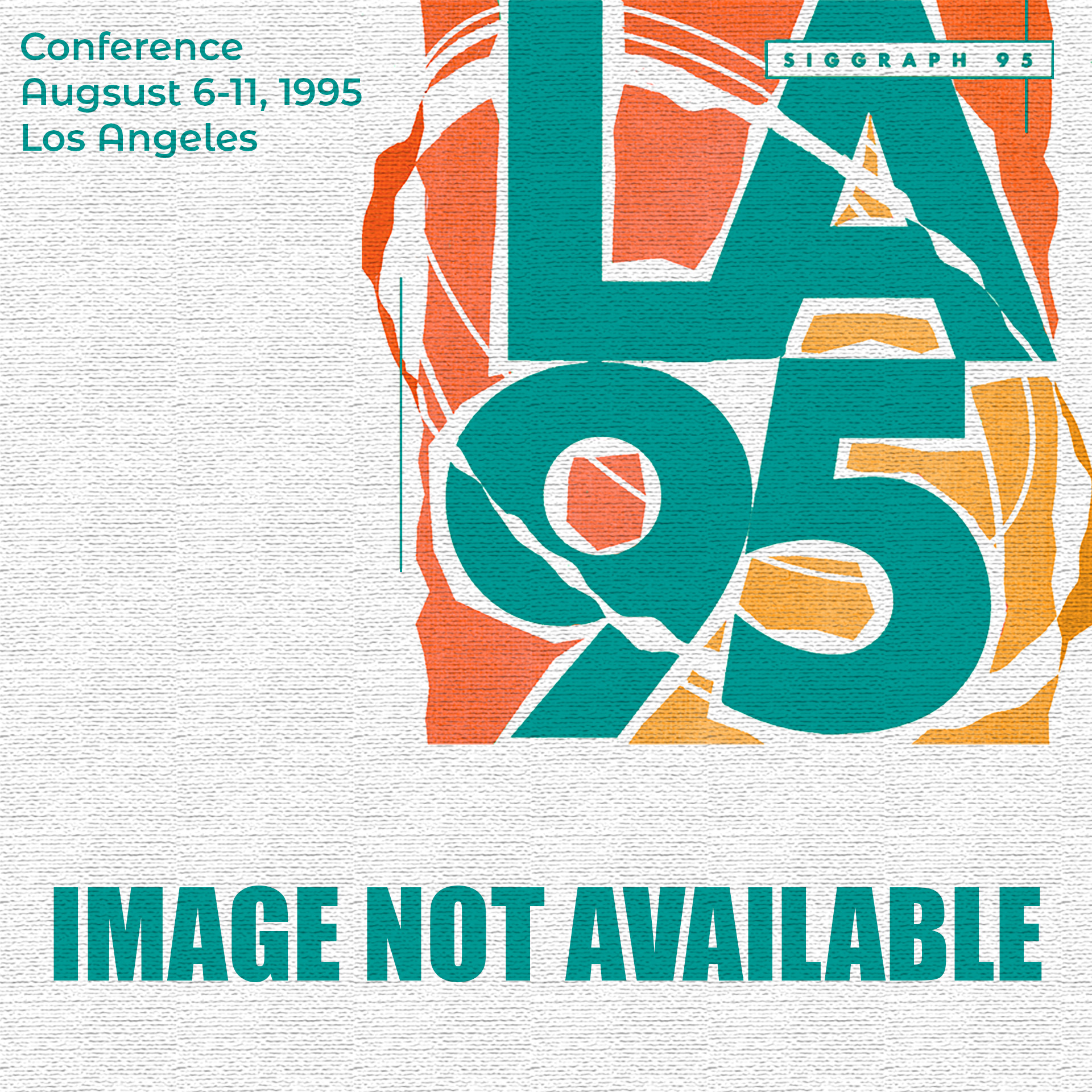“VR MON” by Maher
Conference:
Experience Type(s):
Title:
- VR MON
Program Title:
- Interactive Communities
Organizer(s)/Presenter(s):
Collaborator(s):
Project Affiliation:
- NASA
Description:
Ground personnel at NASA’s Goddard Space Flight Center monitor the health and safety of the Space Shuttle and other Earth-orbiting satellites such as the Hubble Space Telescope. This task includes not only performing quick “sanity” checks on the satellite telemetry, but also analyzing second-order information such as the spatial relationships between components of the satellite. For example, when monitoring the Space Shuttle, it is important to know the proximity of the Remote Manipulator System (RMS) – the robotic arm – to the wall of the payload bay or to a satellite that is to be grasped.
VR MON applies virtual reality technologies to make this task more efficient than when it was performed using traditional display equipment. It enables analysts to more quickly and easily survey the current physical environment of a satellite. Within seconds of receiving live telemetry from a satellite, VR MON presents the analyst with a stereographic representation, using a Fakespace BOOM 3C, of the satellite and its surrounding environment, including the Earth, the sun, the moon, the planets, the stars, other spacecraft, and user-definable objects. The BOOM not only provides a high-resolution, stereoscopic display of the environment, it also supports natural interface metaphors for users. For example, a user can physically look around to see how close objects are.
All objects are depicted in the correct position with a selectable level of realism (the Earth’s surface features can by displayed using polygons or texture maps, for example). Users can easily fly around and view the environment from virtually any location, including a planet, a sensor field-of- view, the end effector of the RMS, or the shuttle cockpit.
Many options are available in VR MON, such as displaying velocity and position vectors, textual output of attitude and orbit information in numerous coordinate systems, tracking data and relay satellite coverage analysis, flexible operational modes (such as playback mode), four-way split screen display (not available when using the BOOM), and user-definable viewpoint locations.
At SIGGRAPH 95, VR MON provides visitors with true outer-space telepresence with live telemetry transmitted from NASA’s Goddard Space Flight Center.





